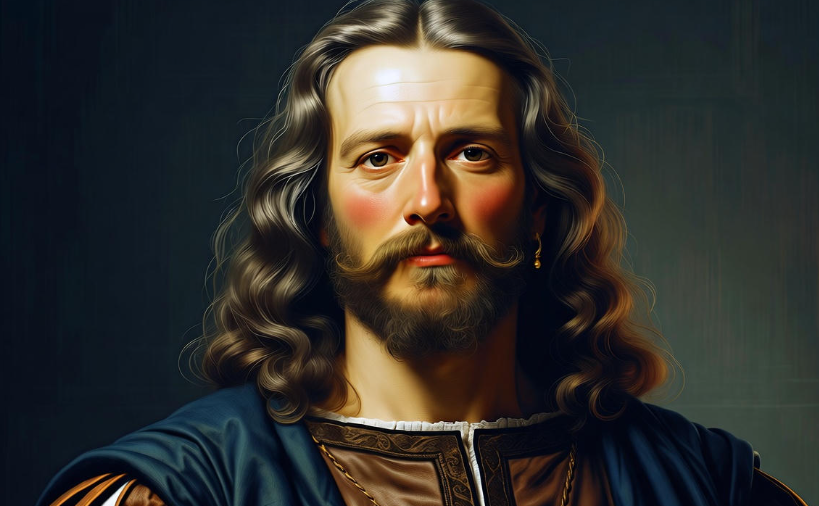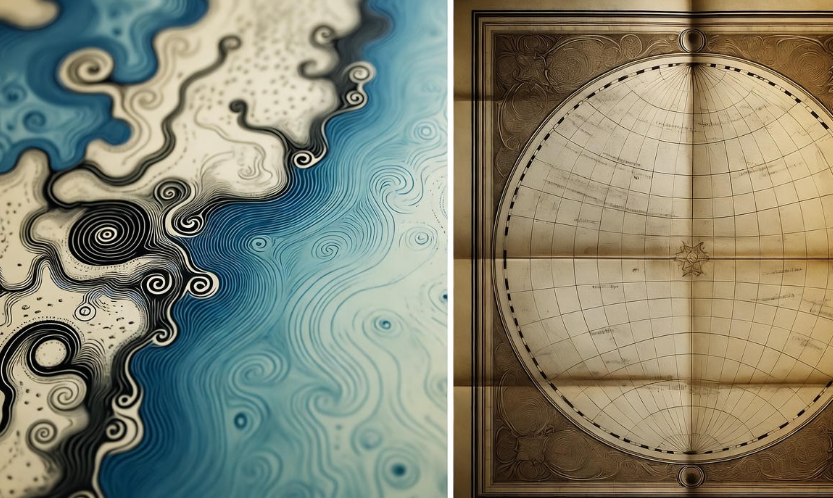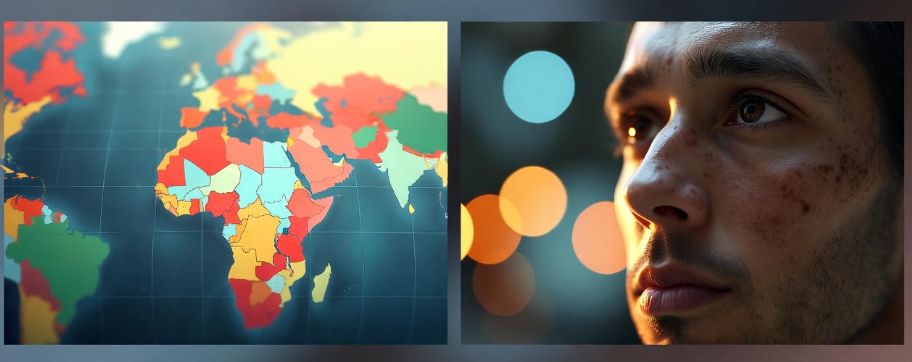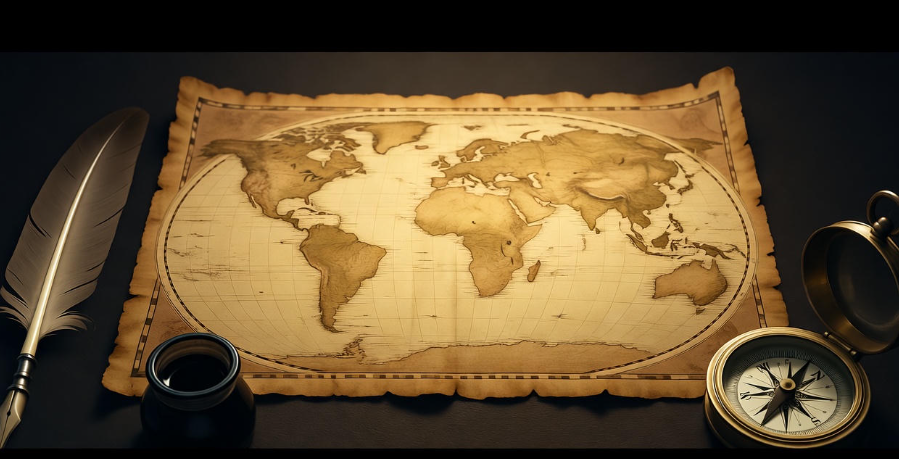Exploration has always fascinated humans. From discovering new lands to navigating unknown seas, explorers have shaped the way we see the world today. Their courage, curiosity, and determination opened doors to places that were once considered impossible to reach. Here, we celebrate 10 legendary explorers who truly changed the world.
1. Christopher Columbus
Christopher Columbus is perhaps the most famous European explorer. In 1492, he set sail across the Atlantic Ocean, believing he could find a new route to Asia. Instead, he stumbled upon the Americas. His voyages marked the beginning of widespread European exploration and colonization.
-
Born: 1451, Italy
-
Famous for: Discovering the New World (Americas)
-
Legacy: Opened up transatlantic trade and cultural exchange
Columbus’s journey wasn’t just about land—it changed the course of history, trade, and interaction between continents.
2. Ferdinand Magellan ⛵
Ferdinand Magellan was a Portuguese explorer who led the first expedition to circumnavigate the globe. Though he died during the journey, his expedition proved that the Earth was round and that oceans were interconnected.
-
Born: 1480, Portugal
-
Famous for: First circumnavigation of the Earth
-
Legacy: Changed our understanding of the world’s geography
Magellan’s journey also showed the bravery required to sail into unknown waters. Imagine venturing into the ocean with limited maps and technology!
3. Marco Polo
Marco Polo, an Italian merchant, traveled to China during the 13th century. His detailed accounts of the Silk Road and life in Asia fascinated Europe and inspired generations of explorers.
-
Born: 1254, Italy
-
Famous for: Travels to Asia and documenting them in The Travels of Marco Polo
-
Legacy: Introduced Europeans to Asian culture, trade, and wealth
Marco Polo’s storytelling was so vivid that many believed his tales were exaggerated—but his impact on exploration is undeniable.
4. Vasco da Gama ⚓
Vasco da Gama, a Portuguese navigator, was the first to sail directly from Europe to India. His voyages opened new sea routes for trade, especially for spices, silk, and other goods that were highly prized in Europe.
-
Born: 1460, Portugal
-
Famous for: Sea route to India
-
Legacy: Revolutionized global trade and European colonial ambitions
His courage showed that with determination and navigational skill, distances that seemed impossible could be conquered.
5. James Cook ️
James Cook was a British explorer who made detailed maps of the Pacific, New Zealand, and Australia. He also observed and recorded the transit of Venus, helping improve navigation.
-
Born: 1728, Britain
-
Famous for: Pacific explorations and mapping
-
Legacy: Improved cartography and scientific exploration
Cook’s expeditions combined adventure and science, making him a pioneer of modern exploration methods.
6. Hernán Cortés
Hernán Cortés, a Spanish conquistador, is known for his conquest of the Aztec Empire in Mexico. His expeditions changed the political and cultural landscape of the Americas forever.
-
Born: 1485, Spain
-
Famous for: Conquest of the Aztec Empire
-
Legacy: Brought European influence and colonization to Central America
Cortés’s story is controversial, but his impact on history cannot be ignored. It reshaped the Americas in ways still visible today.
7. Marco Polo’s Companion: Niccolò Polo
Though often overlooked, Niccolò Polo, Marco’s father, also played a critical role in early exploration. He helped establish trade connections and laid the groundwork for his son’s legendary journeys.
-
Born: 1230, Italy
-
Famous for: Early Silk Road trade missions
-
Legacy: Paved the way for Marco Polo’s travels
Niccolò’s journeys remind us that exploration often starts with small steps that lead to giant leaps.

8. Roald Amundsen ❄️
Roald Amundsen was a Norwegian explorer who led the first successful expedition to the South Pole in 1911. He also navigated the Northwest Passage, showcasing incredible skill and endurance.
-
Born: 1872, Norway
-
Famous for: First to reach the South Pole
-
Legacy: Pioneered polar exploration techniques
Amundsen’s courage in extreme conditions reminds us that true explorers often face nature’s harshest challenges.
9. Marco Polo’s Influence on Columbus and Others
While Marco Polo is already on the list, his writings directly inspired explorers like Columbus. The way he described foreign lands and wealth sparked curiosity and ambition across Europe.
| Explorer | Inspired by | Impact |
|---|---|---|
| Christopher Columbus | Marco Polo | Discovery of the Americas |
| Vasco da Gama | Marco Polo | Sea route to India |
| Hernán Cortés | Marco Polo | Conquest in Americas |
This table shows how one explorer’s story can ripple across generations, influencing global exploration.
10. Ibn Battuta
Ibn Battuta, a Moroccan scholar, traveled over 75,000 miles across Africa, Asia, and Europe during the 14th century. His detailed travel diaries provide a unique insight into medieval societies and cultures.
-
Born: 1304, Morocco
-
Famous for: Extensive travels across the Islamic world
-
Legacy: Documented cultures, customs, and geography of distant lands
Ibn Battuta reminds us that exploration isn’t just about conquering lands—it’s also about understanding people and cultures.
Why Exploration Matters
Exploration changed the world in more ways than one. It expanded trade, knowledge, and culture. It also sparked curiosity that still drives humanity today—space exploration, ocean studies, and scientific discovery all trace roots back to these legendary travelers.
Table: Key Achievements of Legendary Explorers
| Explorer | Main Achievement | Year | Region Explored |
|---|---|---|---|
| Christopher Columbus | Discovered the Americas | 1492 | Americas |
| Ferdinand Magellan | Circumnavigation | 1519 | Global |
| Marco Polo | Travel Diaries | 1271 | Asia |
| Vasco da Gama | Sea Route to India | 1497 | India |
| James Cook | Pacific Mapping | 1768 | Pacific |
| Hernán Cortés | Conquest of Aztecs | 1519 | Mexico |
| Roald Amundsen | South Pole Expedition | 1911 | Antarctica |
| Ibn Battuta | Extensive Travel Diaries | 1325 | Africa, Asia, Europe |
FAQs
Q1: Who was the first explorer to circumnavigate the globe?
A: Ferdinand Magellan’s expedition (1519–1522) was the first known circumnavigation of the Earth, although he did not survive the journey.
Q2: Why is Marco Polo considered important?
A: Marco Polo’s travel diaries introduced Europe to Asia, inspiring countless explorers like Columbus.
Q3: Which explorer discovered the sea route to India?
A: Vasco da Gama successfully sailed directly from Europe to India in 1497, opening a new trade route.
Q4: Did all explorers face dangers?
A: Absolutely! Explorers faced unknown lands, hostile climates, diseases, and even conflicts with local populations. Their courage is a key reason we know so much about the world today.
Q5: Why are explorers still relevant today?
A: Exploration encourages curiosity, innovation, and global understanding. Modern explorers continue this legacy through space, deep-sea, and scientific exploration.
Conclusion
Explorers are more than adventurers—they are storytellers, innovators, and pioneers. From Columbus’s Atlantic voyage to Ibn Battuta’s 75,000-mile journey, each left a mark on the world. Their courage and curiosity remind us that the unknown is meant to be discovered.




